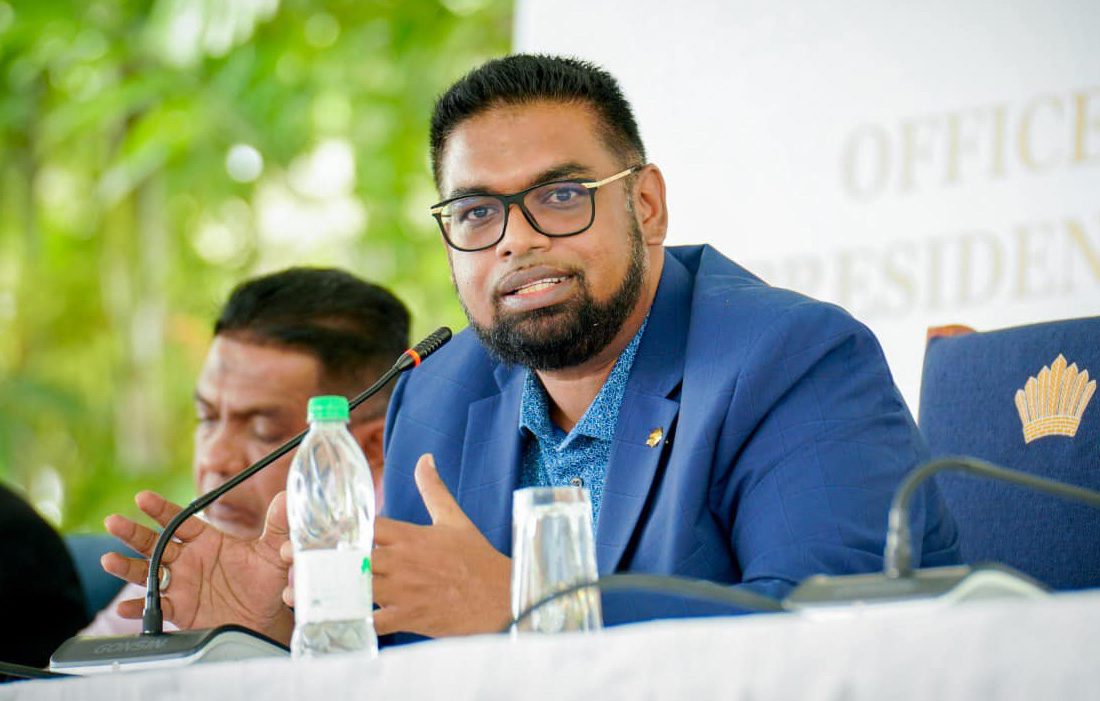Guyana is in discussion with other member states of the Caribbean Community (CARICOM) to remove barriers to trade among nations, said President Dr. Mohamed Irfaan Ali on Sunday.
The barriers are obstacles to the oil producing nation’s goal of making itself the agricultural capital and “breadbasket” of the Caribbean. Agriculture is one of the sector’s the government has identified as pivotal for the diversification of its economy, so it becomes less reliant on oil revenues.
The Head of State noted achieving freer trade as critical for meeting the region’s goal of lowering its food import bill. Dr. Ali, who has taken the lead in the Community’s quasi-cabinet, said CARICOM’s member states have “all” agreed to embark on 25-by-25, an initiative geared at reducing the food import bill by 25% by the year 2025.
In pursuit of this target, Dr. Ali said Guyana will soon host the first regional agricultural investment forum which will bring together all the major players in the region – “from the distribution chain, the trading arm, the banking institutions and global players.”
The purpose of this forum, he explained, is to formulate an actionable agenda for the development of agriculture in the region.
“The revenues from oil and gas must be used to build our agricultural system,” Dr. Ali said. “It must be used to invest in infrastructure, invest in technology, invest in partnering with [farmers] so that we can build a strong resilient and sustainable industry, and that is the vision on which we’re embarking on this important journey.”
He made the comments during the launch event for a new agricultural project called the Black Belly Sheep Project in West Berbice. It aims to enhance mutton production to meet the needs of Guyana’s domestic market, then extend to CARICOM. Notably, the project will be kickstarted with 1,000 breeding black belly sheep imported from Barbados, to enhance the local stock, the Office of the President stated on Facebook.
“We have seen tremendous progress in our relationship with Barbados… where very soon, we’ll be turning the sod for a Guyana/Barbados food terminal,” he said. “The leadership of both countries, we’ve already expressed our unwavering commitment to the removal of every barrier that will prevent trade between the two countries.”
He said similar discussions are ongoing with Antigua, Jamaica, St. Lucia, “and the rest of the region…”
The President made no mention of any such talks with the government of Trinidad and Tobago. Nor did he address the recent resurfacing of concerns in Guyanese media, about non-tariff barriers used to prevent export of Guyanese produce to Trinidad. Those barriers have been major points of concern for businessmen in Georgetown.
President Ali had said last year that the success that will benefit Guyana, from the development of its oil and gas industry, will benefit the entire CARICOM region as well. He had also said that barriers to trade must be removed if the region is to grow together.



